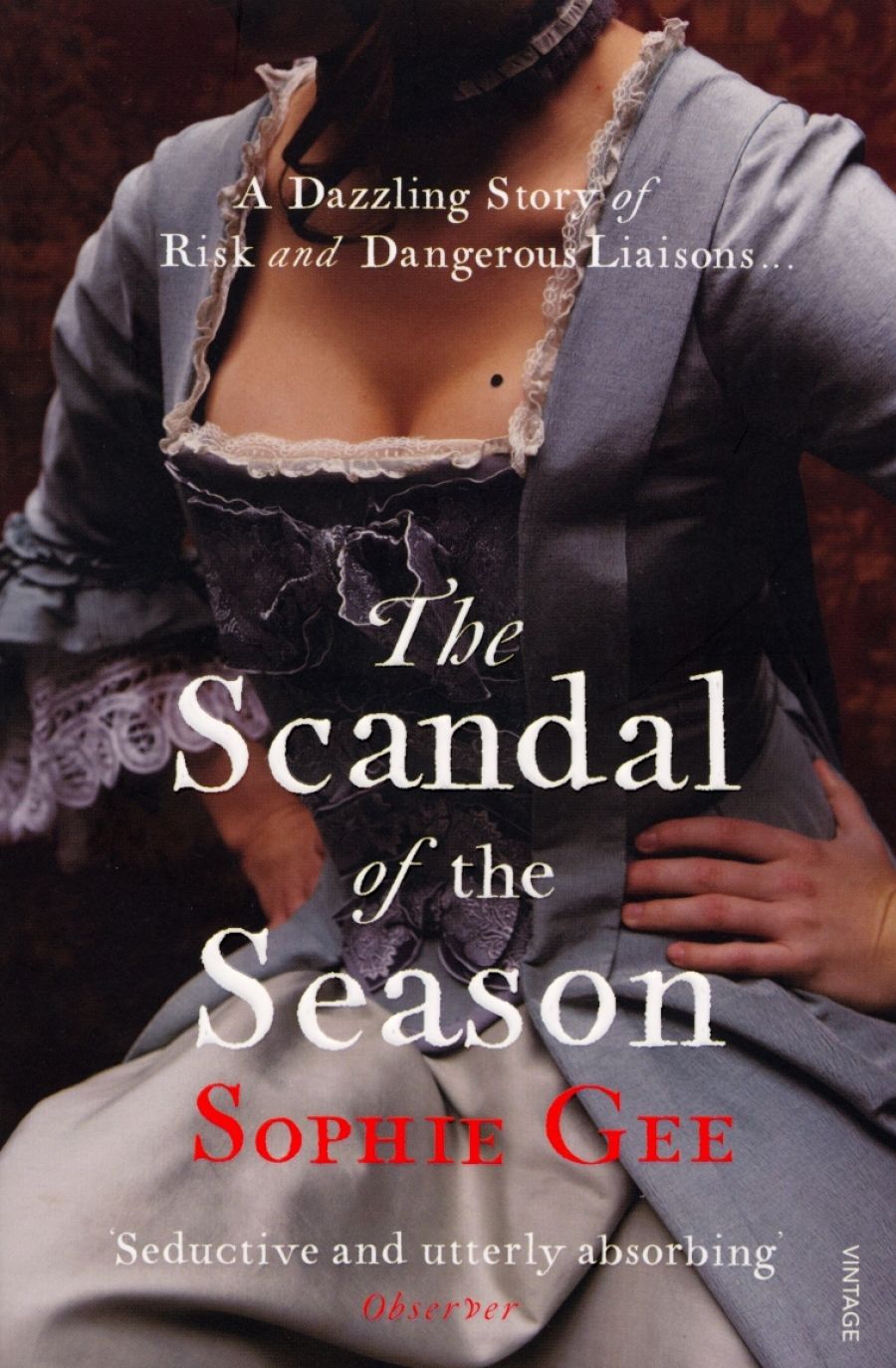
- Free Article: No
- Contents Category: Fiction
- Review Article: Yes
- Online Only: No
- Custom Highlight Text:
The Rape of The Lock helped secure Alexander Pope’s reputation as a commanding poet of the early eighteenth century. This mock-epic poem, based on a real incident, satirises the trivialities of high society by comparing it with the epic world of the gods. One of Pope’s acquaintances, Lord Petre, cut off a ringlet of hair from his paramour Arabella, thereby causing a breach of civilities between the two families. Pope was asked to write a poem to make jest of the situation and to reconcile the disgruntled parties. Its success was due to the disparity between content and form, between his mischievous coupling of petty vanity and the lofty grandeur of traditional epic subjects. The rape of Helen of Troy thus becomes the theft of a curl of hair; instead of gods and goddesses there are ‘sylphs’ or guardian spirits, and great battles are converted to gambling bouts and flirtatious sparrings.
- Book 1 Title: The Scandal Of The Season
- Book 1 Biblio: Chatto & Windus, $32.95 pb, 289 pp
- Book 1 Readings Link: booktopia.kh4ffx.net/qnzXnY
There are political elements in this book, but such machinations are relegated to the shadows as Gee concentrates on documenting the leisurely lives of the upper classes, where many marry partners chosen by their families then seek their pleasures elsewhere. Unbeknown to Arabella (and her retinue of admirers), Lord Petre has another flirtation: a Jacobite sympathiser, he conspires to depose Queen Anne and return the Catholic Stuarts to the throne. If his allegiance to this underground movement is discovered, Petre could be hanged for treason, given the anti-papist times. However, despite the violent prologue (wherein a priest has his throat slashed), Gee doesn’t spend too much time exploring the complex nuances of Catholic and Protestant squabbling, nor does she linger upon clandestine cloak-and-dagger plots. The Scandal of the Season is more comfortable wallowing in the pastimes of the rich and bored, against which the dangerous liaison of Arabella and Petre is played out. There are innumerable masked balls, excursions en plein air and gambling exploits, all well described by Gee, though at the expense of anything more substantial.
The novel evokes the perfumed surroundings of a select circle of eighteenth-century Londoners with decorative ladies well disposed for enjoyment, and wealthy and titled gentlemen doing their best to please. There is much witty banter across the dance floor and the picnic lawn as declarations are met with ripostes, but after a while this display of ostentation becomes tedious and feels suspiciously like padding. Gee enjoys polishing her bons mots as much as her characters do, but the narrative and pacing suffers from this surfeit of pretty words and from Gee’s narrow focus. Every now and then, the outside world intrudes. Aside from the tempestuous religious and political background, there is also mention of opportunists making a fortune from the slave trade in Africa, a practice so lucrative as to earn the nickname ‘black ivory’, but Gee seems to include this merely to add another daub of colour to her canvas.
Pope is portrayed as an eternal outsider, unlucky in love despite his fine penmanship and his growing reputation as one of the era’s finest poets. Though deeply in love with Theresa Blount (one of society’s wannabe starlets), Pope, with his ill health and hunchback figure, is destined to remain on the sidelines, enviously looking on as his contemporaries do their romancing, and constantly afraid of making inadvertent faux pas in polite society. Still, he is aware of the shallowness of trying to gain the admiration of people for whom he has no real regard: ‘In London, a man is everywhere but at his own house; he minds everything but his own business; he kisses everybody but his own wife. It is the fashion.’ ‘The Rape of the Lock’ is born of such cynicism.
The Scandal of the Season, a meld of fact and fiction, is an enjoyable romp, but readers should not expect deep insights beyond the bright chatter of the ballroom. The novel is as fluffy as the elaborate hairpieces of its characters.


Comments powered by CComment